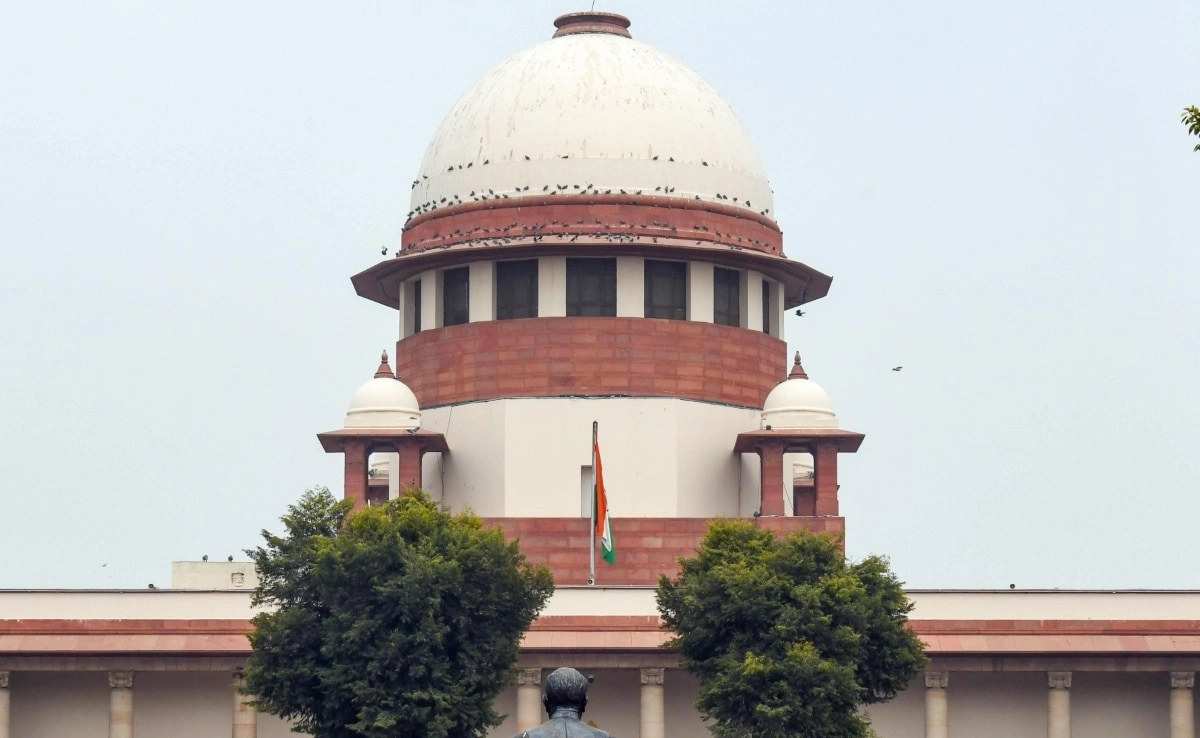In a landmark ruling, the Supreme Court has emphasized the importance of inclusivity in educational institutions by mandating the admission of a disabled candidate at the All India Institute of Medical Sciences (AIIMS). This decision is a significant step forward in ensuring that individuals with disabilities receive equal opportunities in higher education, particularly in prestigious medical institutions that have historically been challenging to access for marginalized groups. The court’s ruling underscores the necessity of a shift in mindset regarding the capabilities of disabled individuals, asserting that barriers to education based on disability must be dismantled.
The case brought to the Supreme Court highlighted the systemic challenges faced by disabled candidates in competitive examinations and admissions processes. The court noted that discriminatory practices and a lack of adequate accommodations often prevent these individuals from realizing their full potential. By ordering the admission of the disabled candidate, the Supreme Court not only provided a specific remedy in this instance but also sent a broader message to educational institutions across the country. The ruling calls for a reassessment of policies and practices that inadvertently perpetuate inequality, urging institutions to adopt a more inclusive approach that recognizes the diverse capabilities of all students.
Furthermore, this decision serves as a reminder of the legal and moral obligations educational institutions have in promoting diversity and inclusion. It challenges the status quo and encourages a more comprehensive understanding of what constitutes merit in education. The Supreme Court’s directive is a clarion call for a cultural shift in how society perceives disability, advocating for a perspective that values the contributions of all individuals, regardless of their physical or mental challenges. As institutions begin to align with this vision, the hope is that more disabled candidates will be empowered to pursue their academic and professional aspirations without facing unnecessary hurdles or discrimination.
In conclusion, the Supreme Court’s ruling is more than just a legal victory; it represents a critical turning point in the ongoing struggle for equality in education. By insisting on the admission of a disabled candidate at AIIMS, the court has taken a bold stance against systemic discrimination and has paved the way for a more inclusive future in higher education. The call for a change in mindset is essential, as it not only benefits those with disabilities but enriches the educational landscape for all students by fostering a culture of acceptance, understanding, and collaboration.




